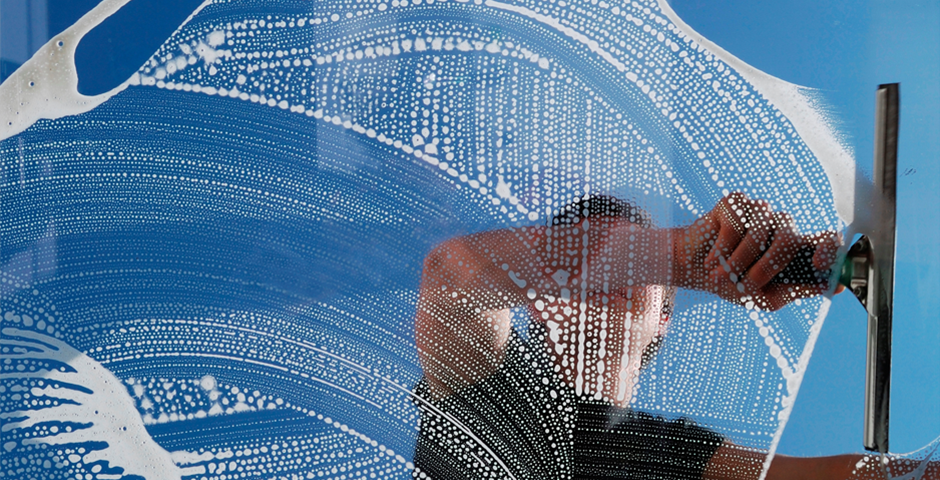Although cleaning external glass windows from precarious position at high-rise residential buildings is certainly a hazardous task some domestic helpers are forced to perform, it is not the only one.
Even if they receive orientation about their rights in the job, domestic workers are by nature subservient and will likely follow an employer’s orders. Unfortunately, not all employers have good sensibilities and take advantage of their helpers. They sometimes order not only prohibited tasks, such as cleaning homes that are not stipulated in the contract but also risky ones such as that window cleaning job.
Let’s identify what are the other risky things many domestic helpers are told to do.
1. Lifting of heavy things.
Just because a Filipina weightlifter won the country’s only medal in the Rio Olympics does not mean Filipina domestic workers are built to carry heavy items such bulky appliances or elderly residents. But they usually do the back-breaking job, since there’s nobody else available to do the job. Lifting heavy things without proper posture can cause back pains and other long term illnesses helpers suffer long after their tour of duty as domestic helpers are over.
2. Work at employer’s businesses.
Just because someone is employed by a sponsor means she’ll be told to work wherever the sponsor tells her. Working outside the defined address at the employment contract is a breach of a domestic helper’s list of responsibilities. Under Hong Kong’s laws, it is an offense for a domestic worker to carry out her duty as cashier, storekeeper, factory worker and any non-domestic in nature. This offense is punishable by fine, jail or both to the helper and employer.
3. Care for pets.
Pets are usually adorable and easy to deal with. But there are always exception to the rule. Domestic cats may be gentle, but remember they still belong to the felidae family which counts puma, jaguar, cheetah, tiger and lion as family members, and may exhibit violent behavior on occasion. Bites and scratches could transmit bacterial infection. Fleas and tick insecticide medication could spread poison at home. Dogs, especially larger breeds may attack people and other dogs when provoked.
4. Work with little or no sleep. Or food.
Sleep is just a routine we need to do everyday. But there are cases when helpers’ daily tasks are disproportionate and cannot be done if they take a break. So employers tend to overwork them knowing that they have a break on Sunday! Sleep deprivation, according to studies, can lead to higher risk of chronic health problems like high blood pressure, heart disease, and stroke. Even God rested on the seventh day.
5. Work at employer’s relatives or friends.
Sometimes when employers are on vacation, helpers are not expected to have a bit of break on daily household chores. They are told to go to another house to look after the pets, clean the car or do a general cleaning. This is simply not allowed by law and the helper is just doing it out of compassion especially of the other party is compensating her for the job.
6. Working for other people on days off.
Days off are supposed to be for rest and recreation. But many domestic helpers take advantage of this free day to make extra money. They sell goods, work for homes on hourly rates, and do business. This gamble could backfire if authorities discover (sometimes based on a tipoff by fellow helpers) the illegal practice. Humanitarian consideration when handing fines or jail term for misdeed is always an option, but following the law should at least be given the first priority.
Risks are sometimes forced into the helpers by employers, who look at helpers as do-it-all slaves. But there are also risks maids make that put them in trouble. We hope this list helps everyone involved in employing or working as domestic helpers.


